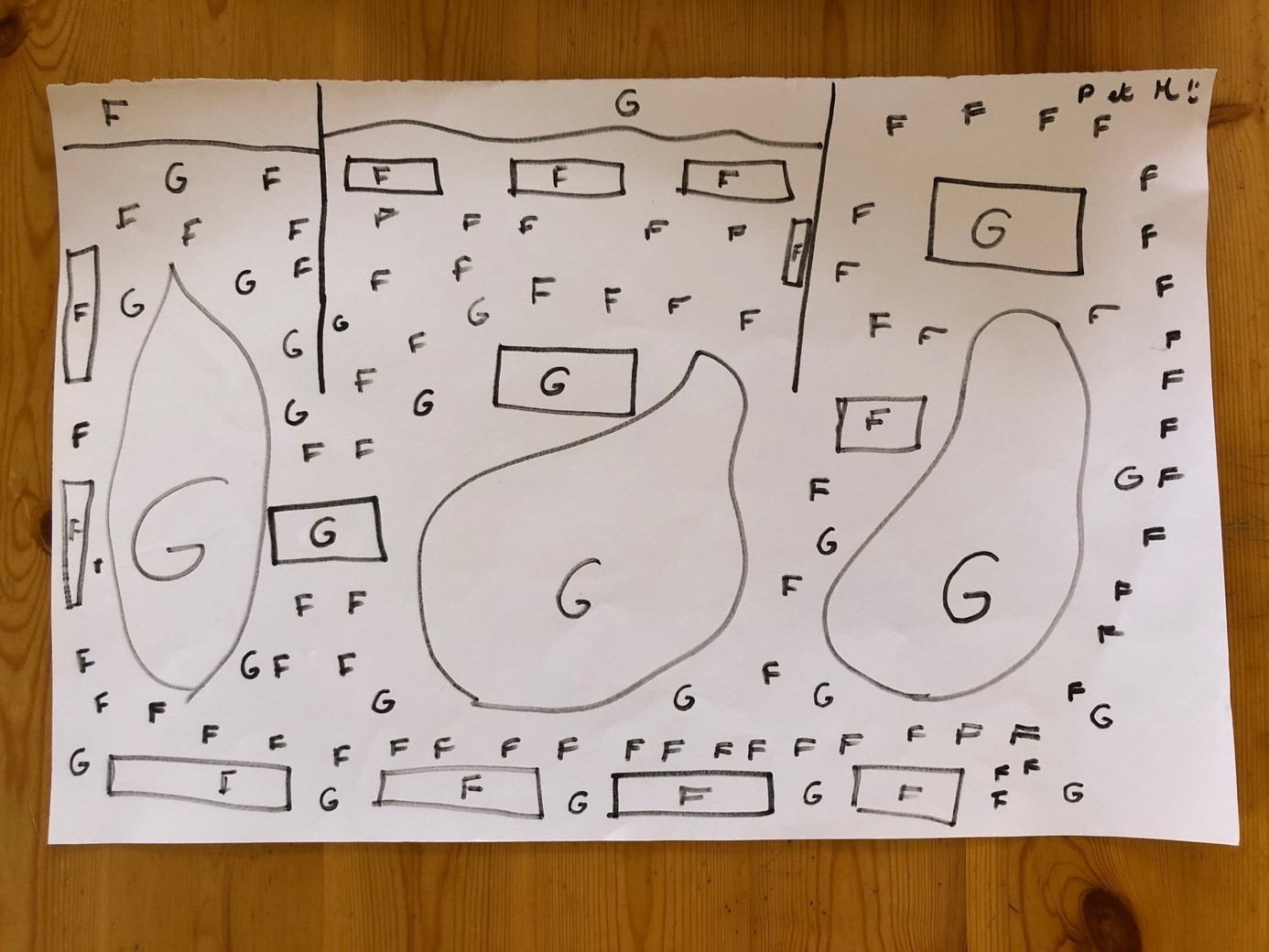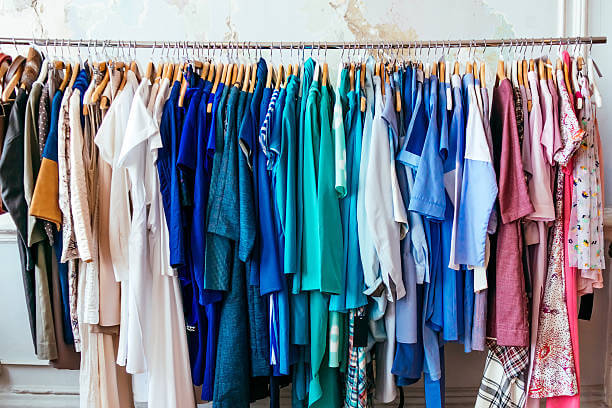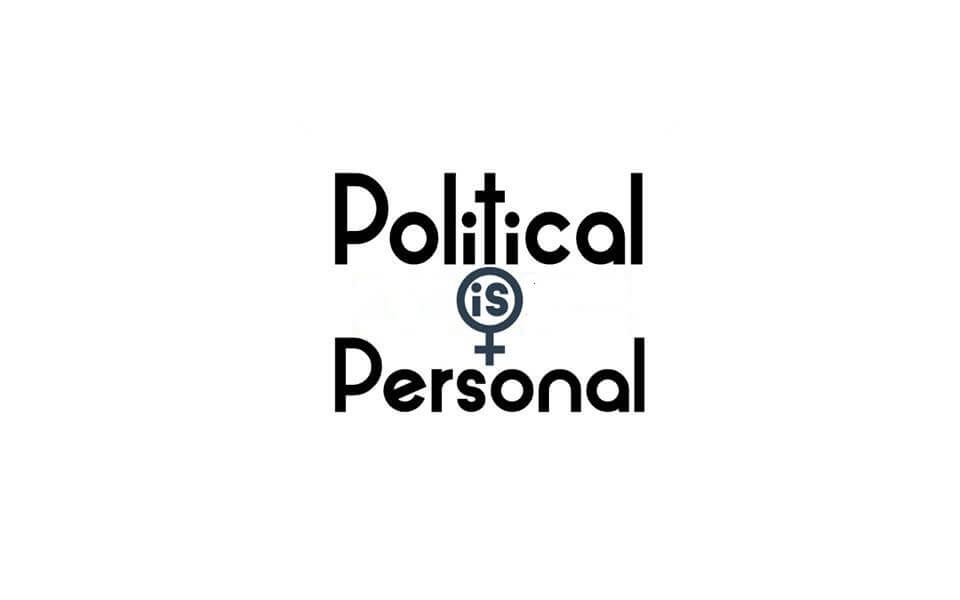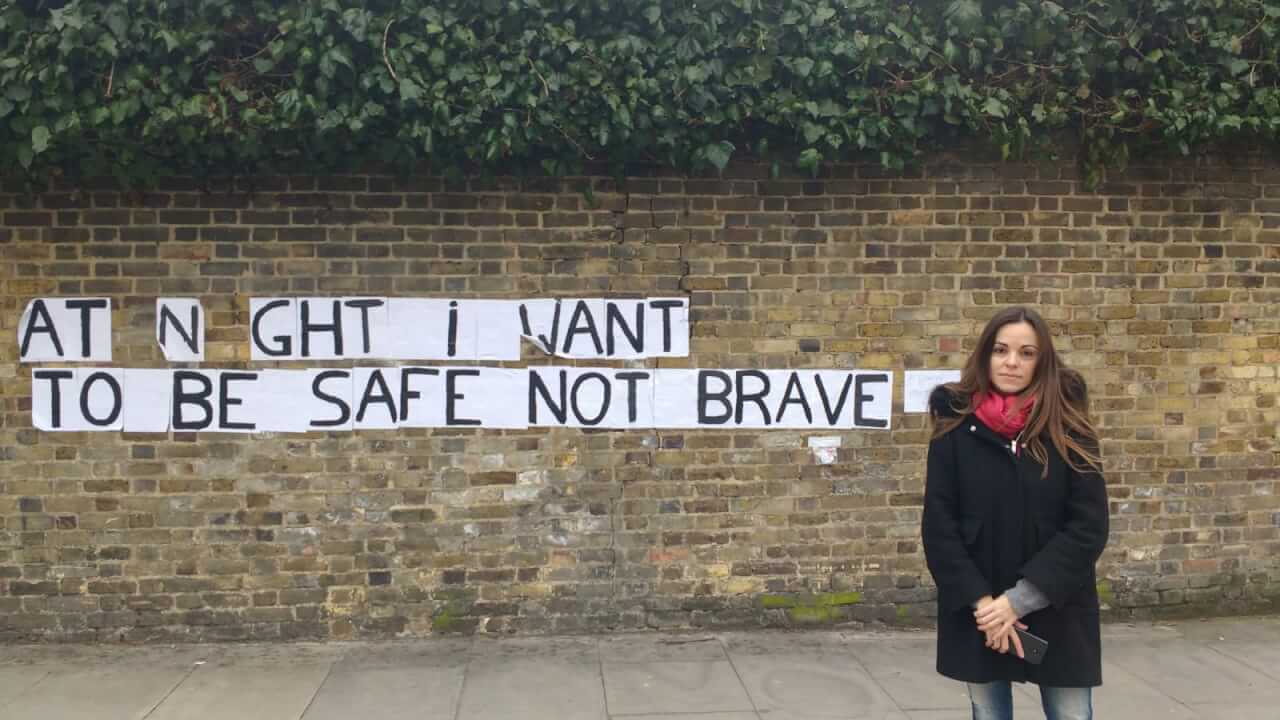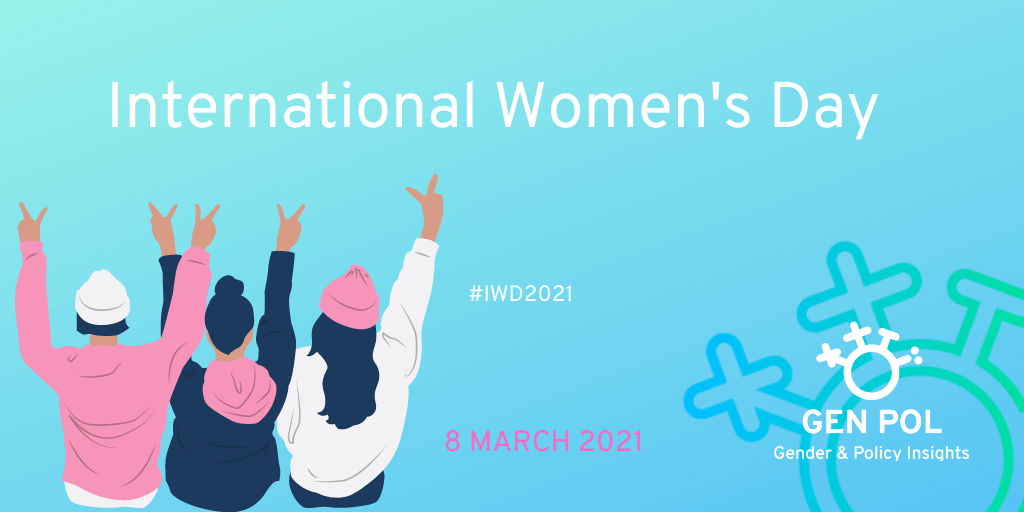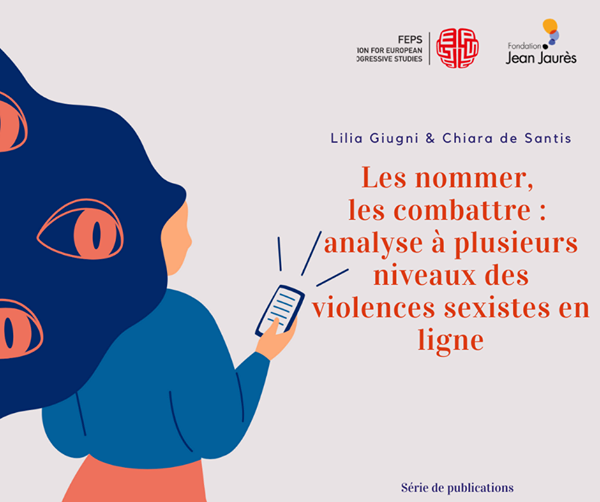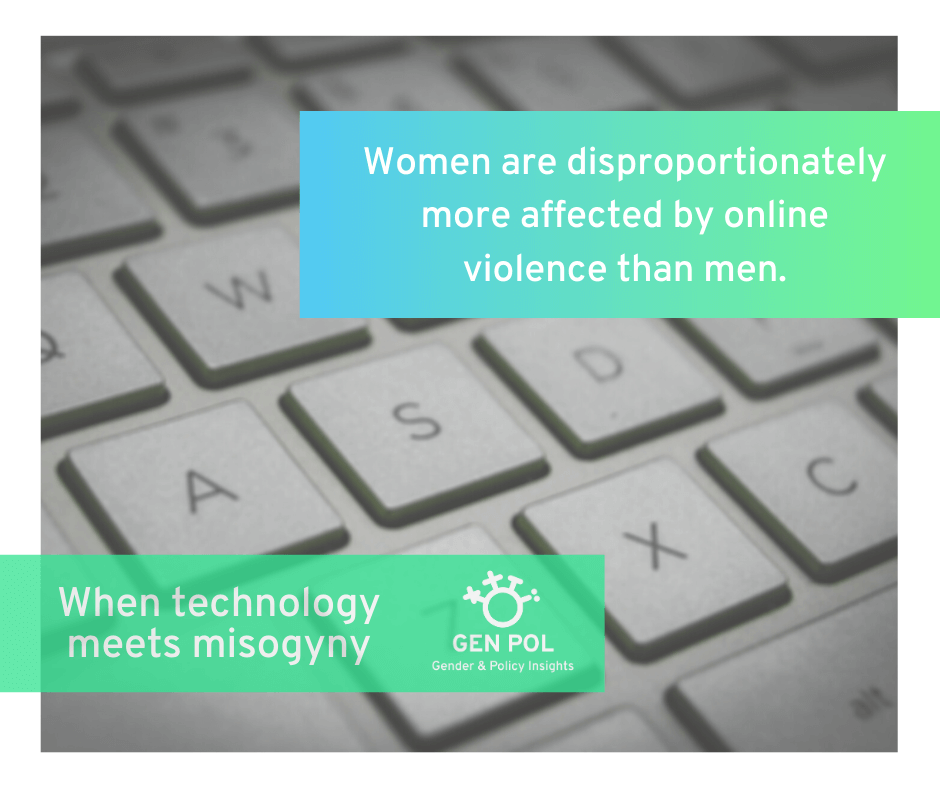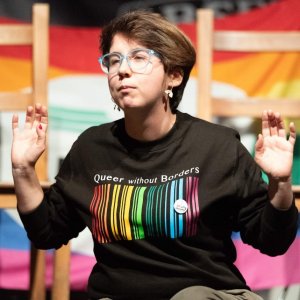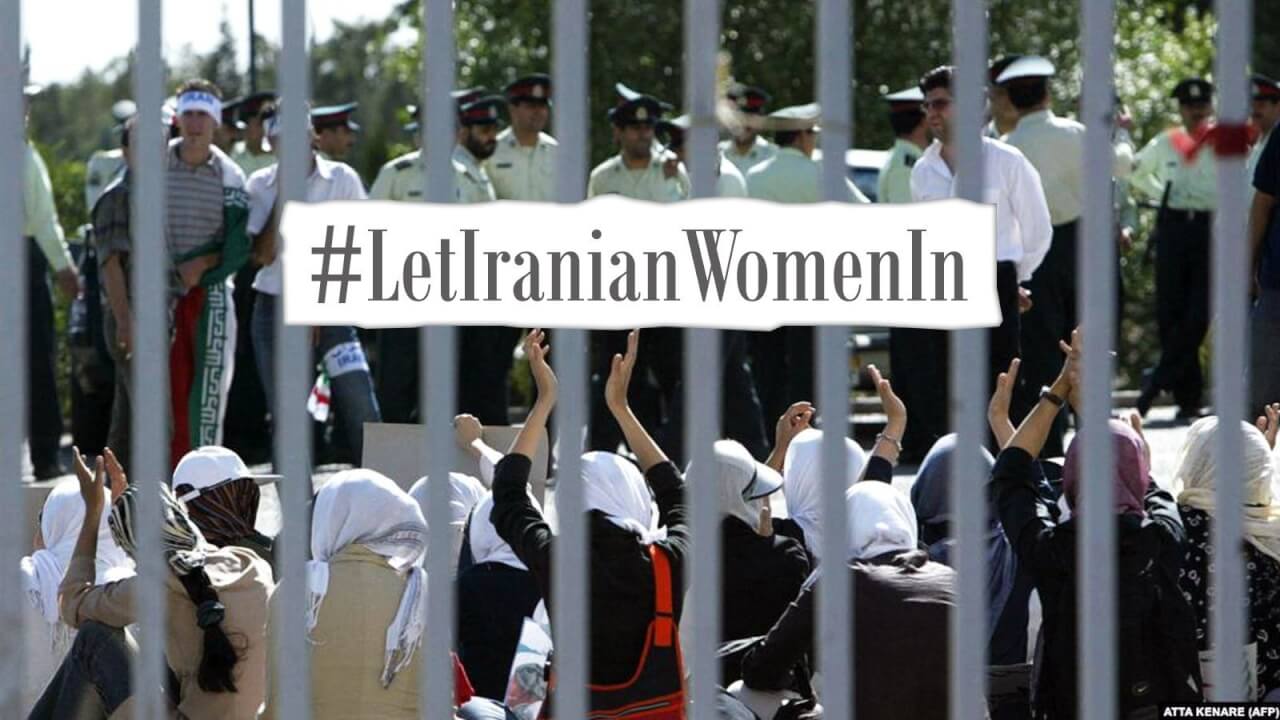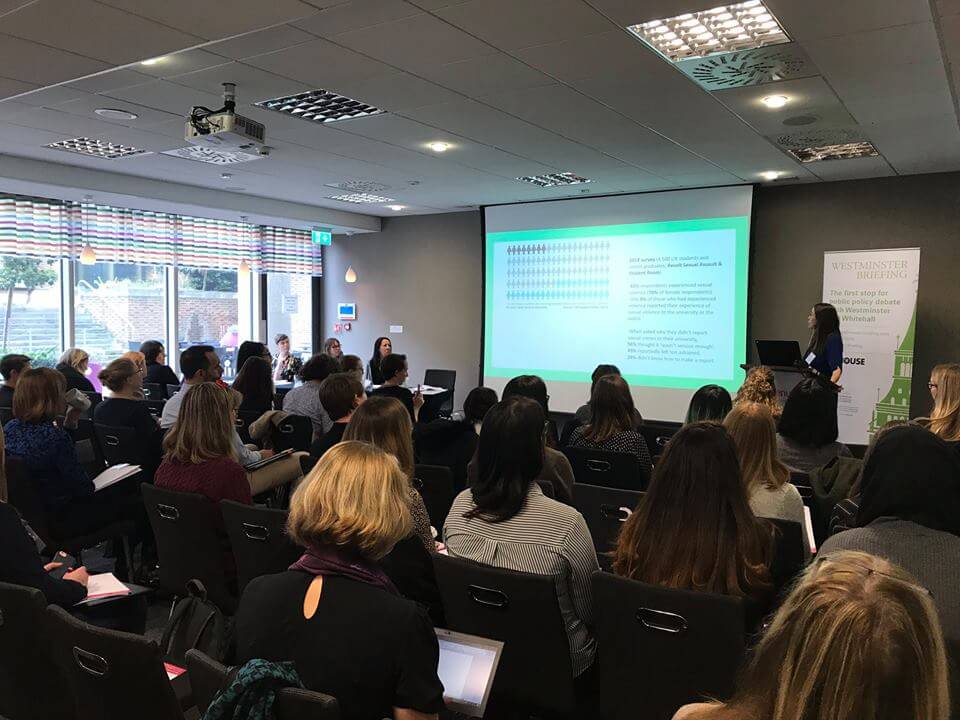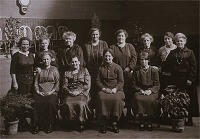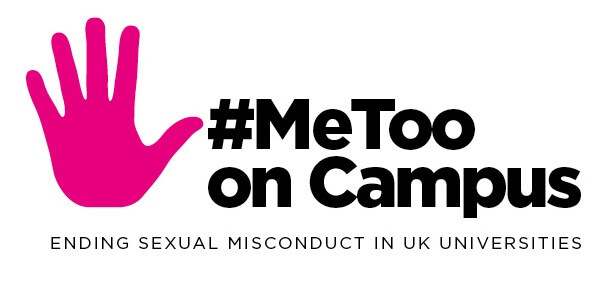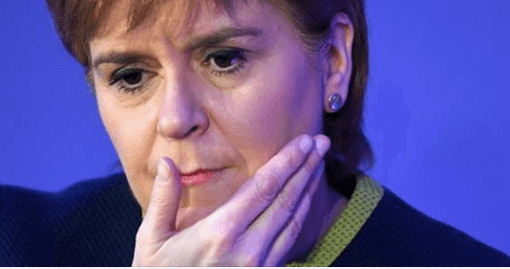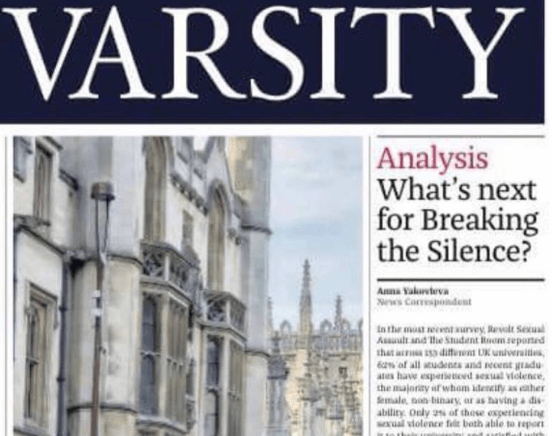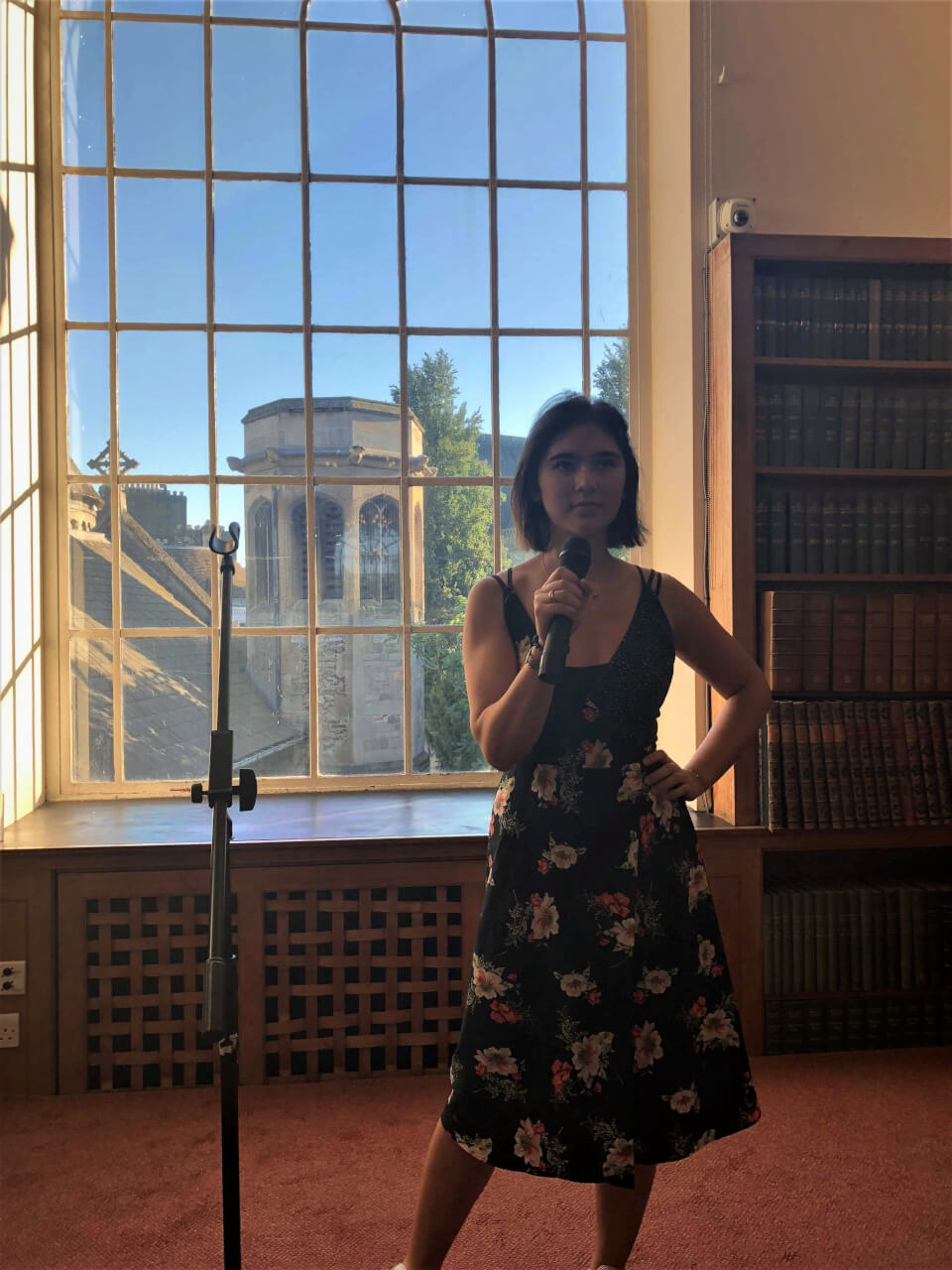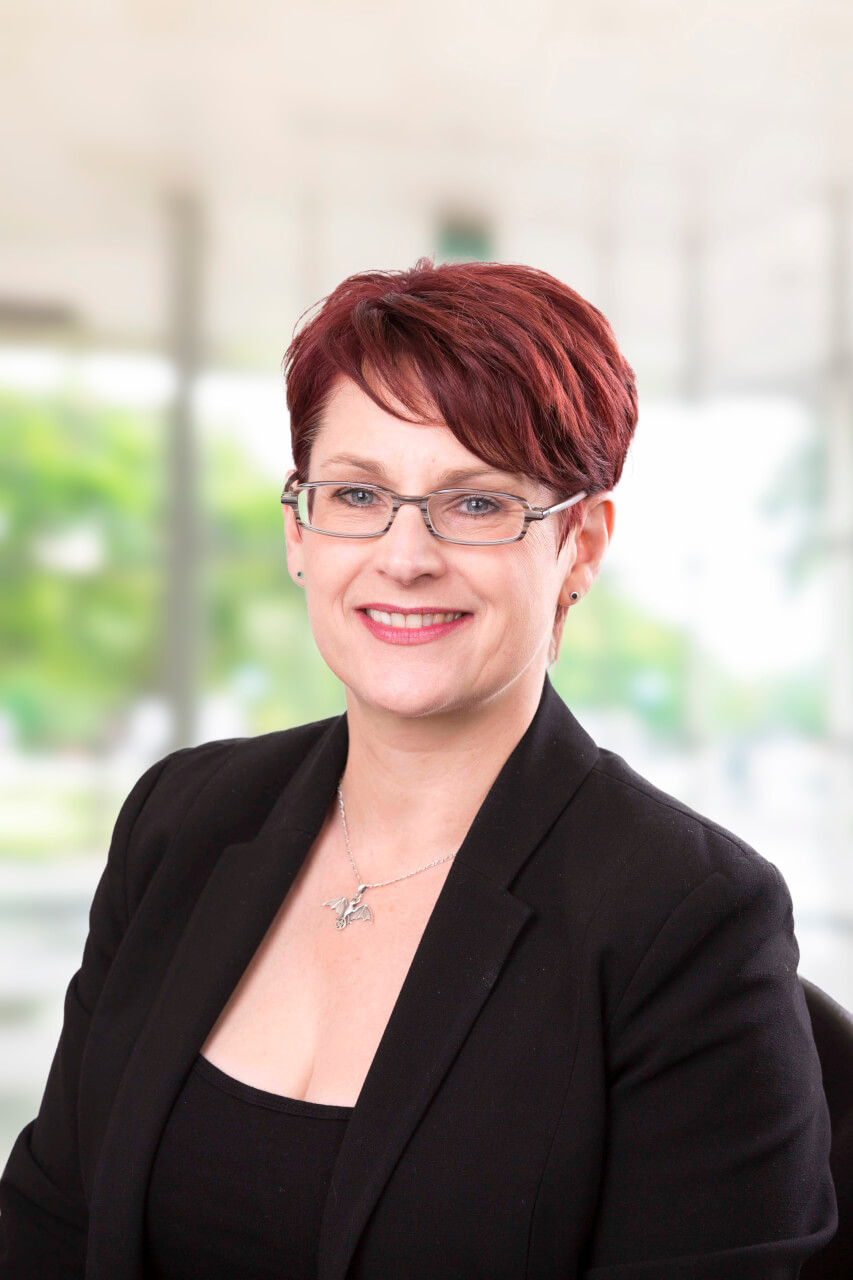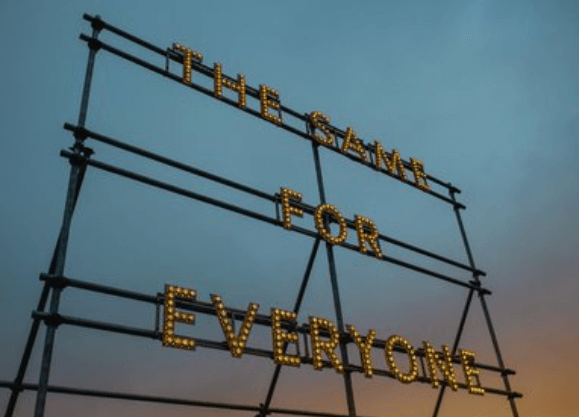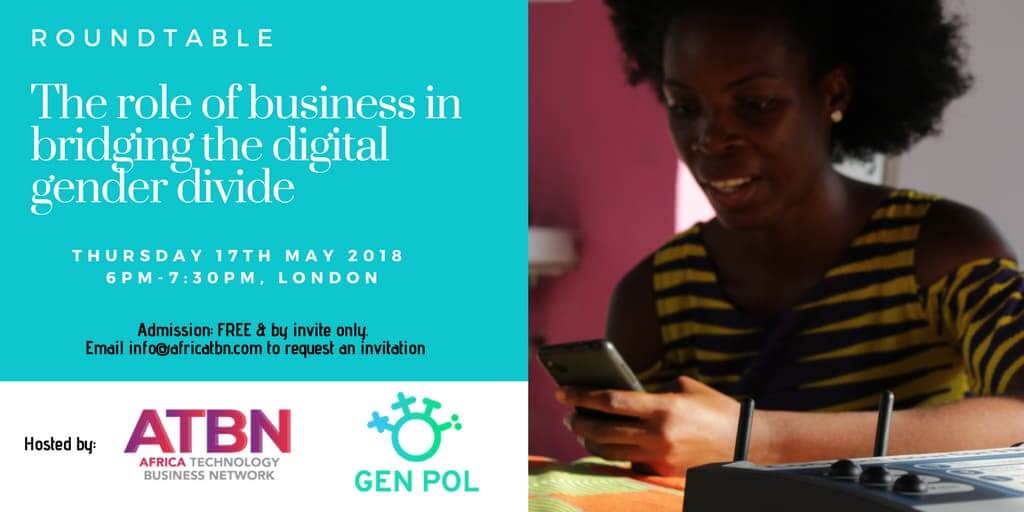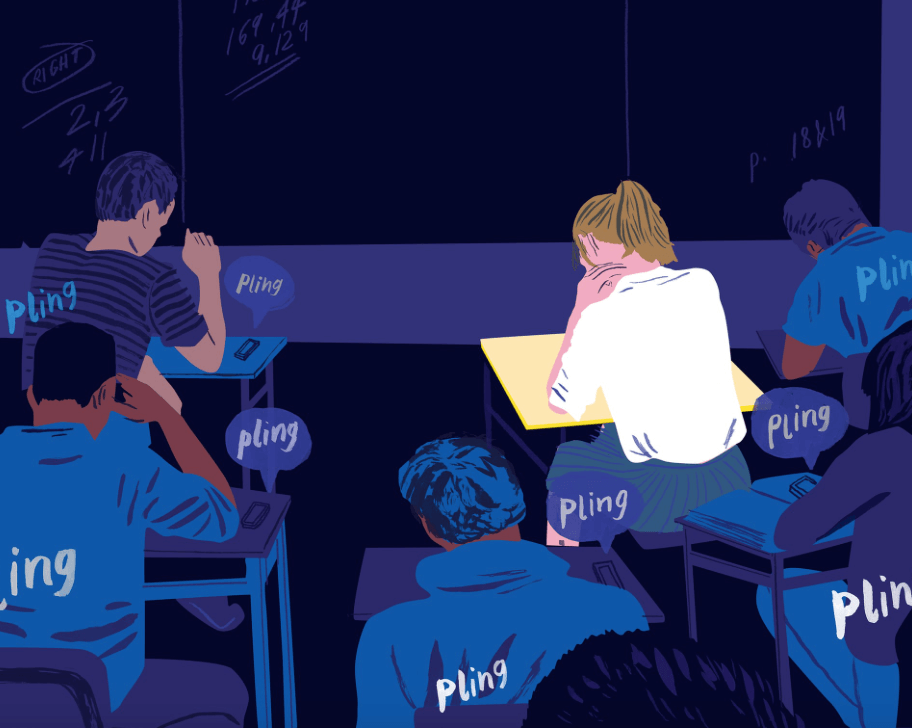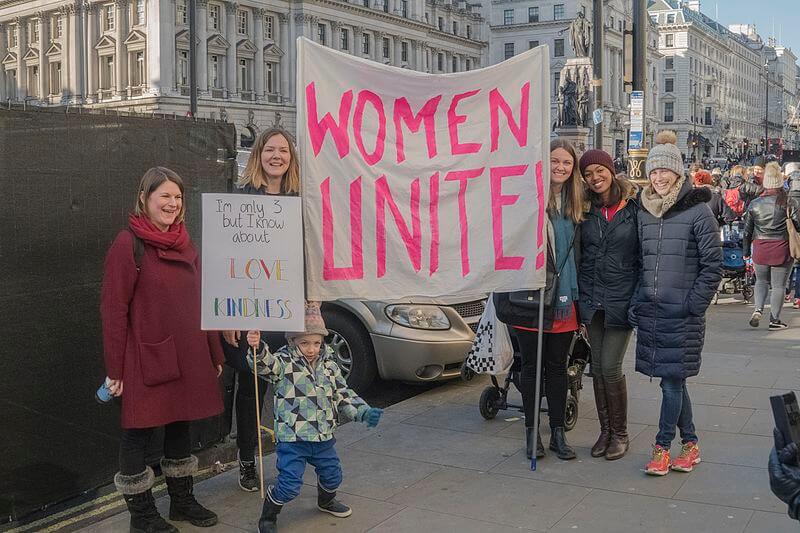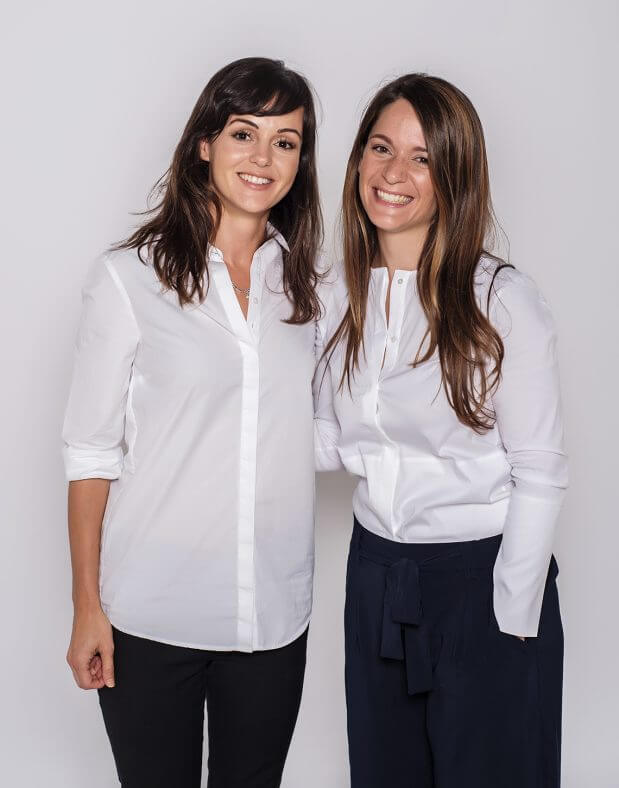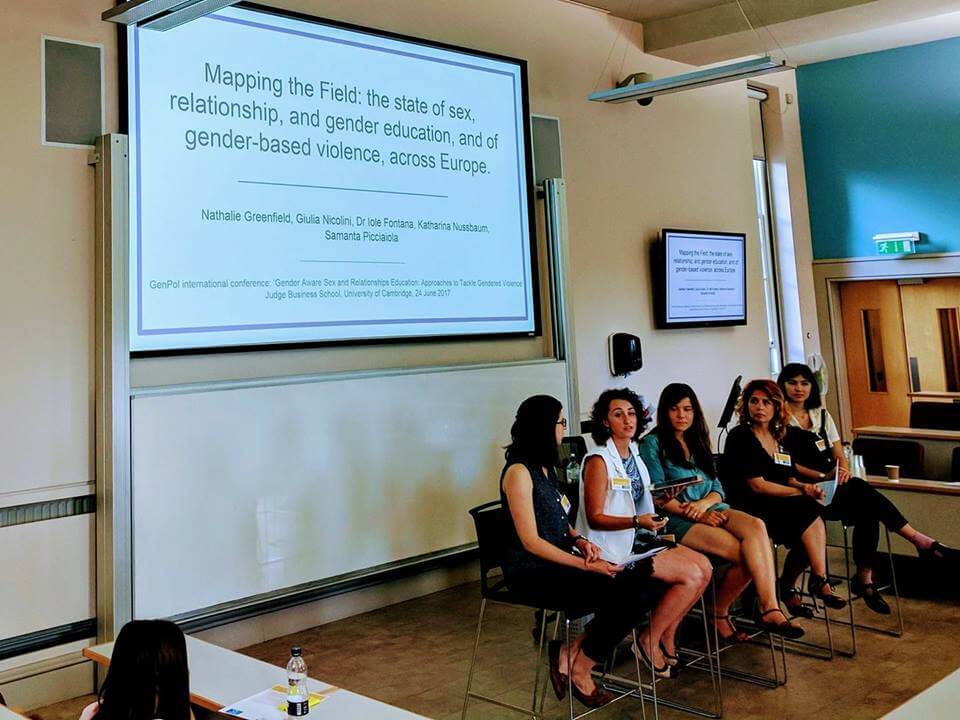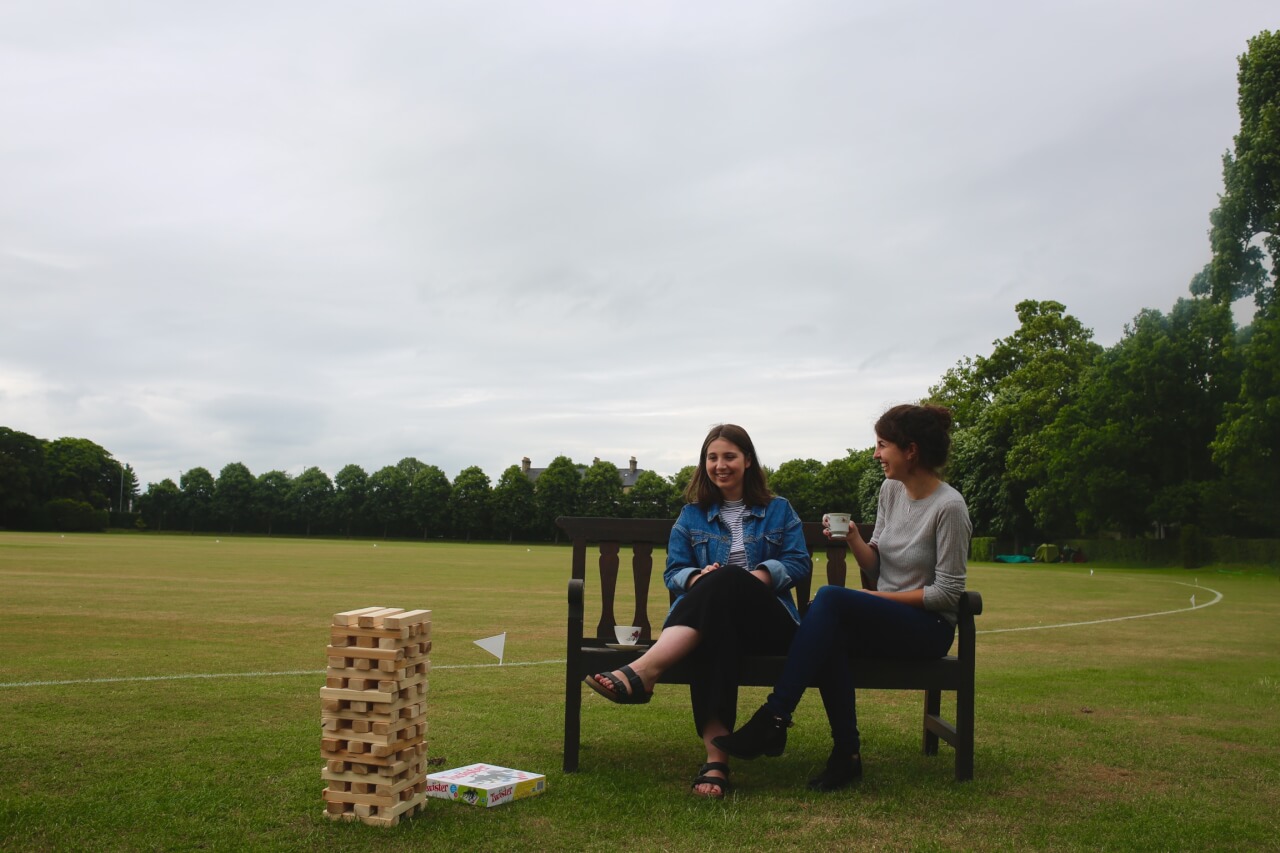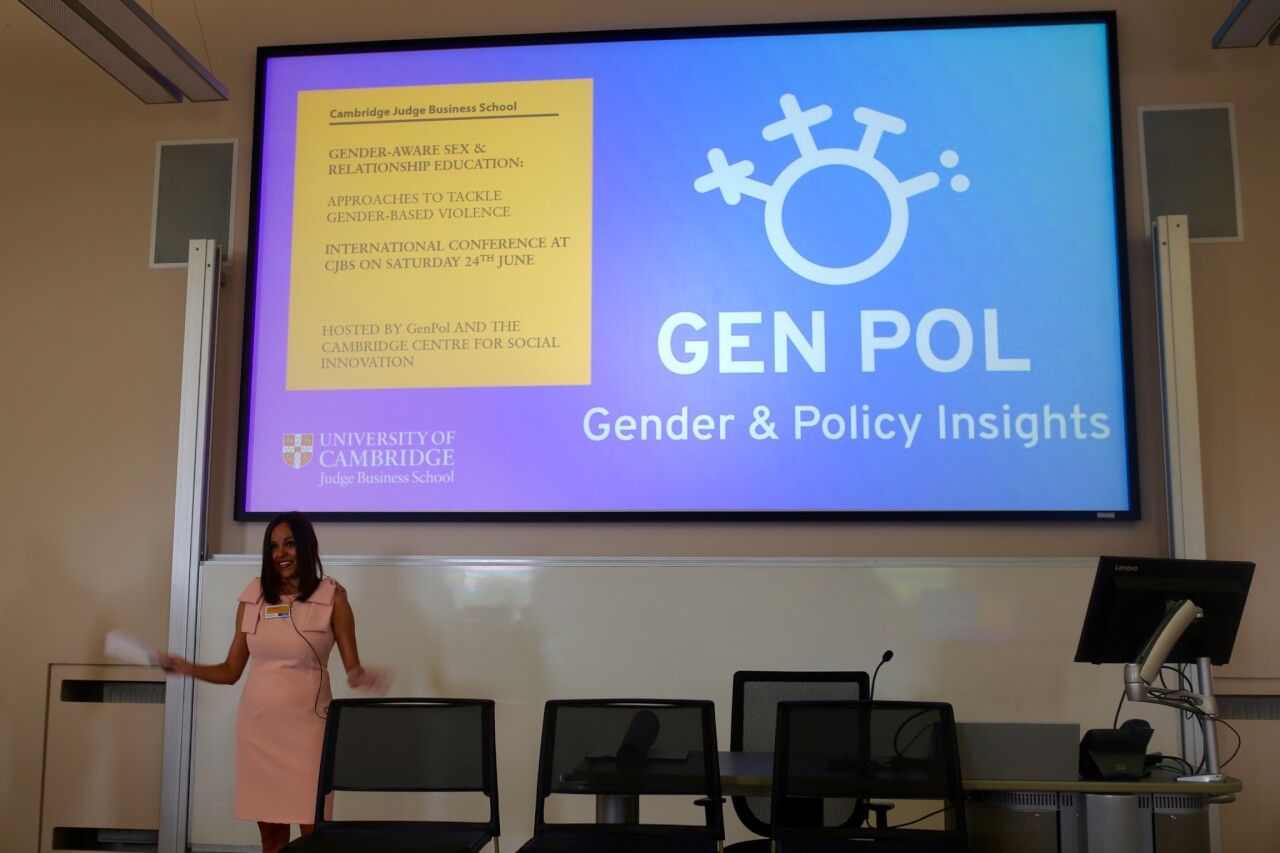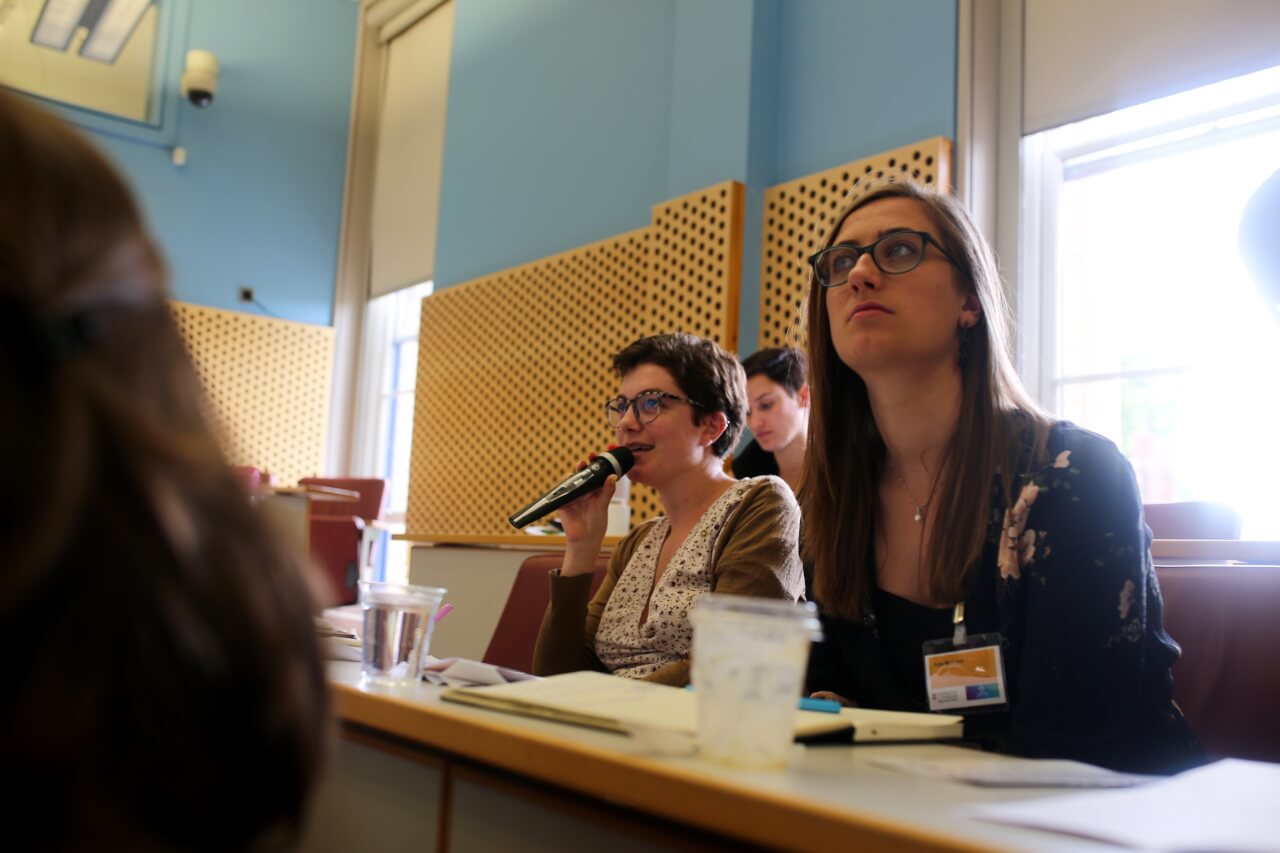
As part of GenPol’s Spotlight on Women in Business series, we were lucky enough to be able to interview Tamara MacFarlane, co-founder of the wonderful, feminist, children’s bookshop Tales on Moon Lane. We talked about #MeToo, resiliance, the trials and tribulations of setting up your own business, feminist writers and the importance of role models for children. We hope you enjoy it as much as we did! Don’t forget to pre-order a copy of Tamara’s latest book for 8-12 year olds, coming out in April (it features a fantastic female superhero, after all…)
Photo Credits: Tales on Moon Lane
This year Tales on Moon Lane celebrates its 14th anniversary- congratulations! It must seem like a long time ago now, but what originally inspired you to set up the bookshop?
TMF: It seems incredible that the shop has been going for 14 years. The original inspiration was having my children and realising that there was nowhere in the area where I could take them to buy books!
What would you say is the most important lesson you’ve learnt about running your own business in those 14 years? What would your advice be to anyone starting out?
TMF: Resilience. There are so many things in business that are out of your control; along with all of the wonderful things that have happened at Tales, we’ve also had our fair share of knock backs. Learning to roll with the punches, and accept that, in reality, I have very little control, has been learnt the hard way (bouts of chronic anxiety) but it was an essential thing to learn. It was either learn to cope with the uncertainty and remain flexible and open to change, or walk away and get a day job.
My advice to anyone starting out is to remember that a business is just a group of people working together towards a shared goal. Without the people there is no business, so always look after the people that are on your team!
This is perhaps an age-old question, but why is it so important for children to have positive literary role models? Why is it important we don’t underestimate the power of feminist characters in the stories we tell children?
TMF: Over the years of running Tales on Moon Lane, I have become increasingly aware of damaging elements in children’s books. The underlying assumptions and innate ideology contained in many of today’s children’s books is often reinforcing out- dated gender stereotypes. It is essential that we identify the inherent values communicated by our stories and discuss what they are communicating to this generation of children. We are having these conversations on a daily basis at the bookshop. One of the huge advantages of being an independent shop is that we are able to create an integrated range that balances out the representation and roles of the genders.
We need to lead by example, and fictional characters are no different. They do not all need to be heroes, but female characters do need to exist in books, with the same flaws and complexity of character we give male characters. The imbalance in the number of male to female main characters in children’s books is still vast. The fight for equal representation has not been won.
All children need to have characters that they can identify with in their books, challenging systems, asking questions and demonstrating empathy; it is how we are able to experience a world outside of our own street. You frequently hear amongst librarians and teachers that girls will read male main characters, but boys won’t read female main characters. This is in part due to thousands of years of girls being expected to empathise with the male viewpoint without the reverse being expected, but it is also a myth that has become self-fulfilling.
It is as important for boys as it is for girls to have strong female literary role models because these characters, as most characters do, offer chances to break down the concept of ‘other’ that allows us to build up false narratives about anyone that appears different to ourselves, and instead helps us to identify and understand shared humanity.
I notice that quite a few of the core team have a background in teaching, and the need to address the attainment gap of girls in traditionally ‘male’ dominated STEM subjects is something that has been attracting a lot of attention recently. In your opinion, how can we educate the future scientists, engineers, and entrepreneurs of tomorrow so that their gender is not a barrier to attainment?
TMF: The girls that we work with through our enterprise days are inventive, imaginative, innovative and able to take initiative – we need to harness this and not send out a message to them that they don’t have anything to offer in these areas. Role models are absolutely essential here and while representations of female scientists and engineers in children’s books alone will not change the landscape, it does help to communicate the concept.
Fortunately, there are now an increasing number of biographies of women scientists coming on to the children’s market. We need to shout about those role models, to stop tucking women’s role in scientific development out of sight and showcase and celebrate it instead. Toys also have a role to play here. We are having an electric train running around the top of the shelves at the new shop and I asked the shop keeper at the train shop whether he had a figure of a female train driver to go in the engine with the male driver (who was supplied with the train). The shop keeper said that in 30 years of owning the model train shop, he had never even seen one.
GenPol recently published a blog on the need to address the glass ceiling in publishing. In your opinion what steps can, and should, the industry be taking to address this?
Primarily, and very simply, proper equal parental leave in the Swedish model is what is needed. Until men and women are able and expected to share their children’s care from the earliest days, this inequality of pay will not go away. The two things are directly and inescapably connected.
The second element is that the publishing industry needs to address the class problem that is endemic within the industry. People are very quick to make assumptions about people based on the way that they speak; this affects both genders.
When I look around publishing, in particular, there is still only one accent that you hear, and it is not the voices of the students that shine on our enterprise days. A system where you get a job because you sound right, rather than your ability to innovate, is a system that has no place in a society striving for equality of opportunity. All children have the right to be readers and the voices and experiences of people from all socio-economic backgrounds are needed within children’s book ranges. This means the industry needs to employ people across a wide range of socio- economic experience.
What have your experiences been working as an all-women organisation? Does gender continue to play a role in the way we do business today?
It is interesting that we are currently an all-women organisation, I hadn’t really thought about it until you pointed it out. We have, over the years, had men on the team but we very rarely have job applications from men.
I think that the values that we share as a team in terms of work ethic, the level of importance of quality of life, and enjoyable working life over high salaries etc. are very much more conducive to supporting one another and having a shared vision of what we are trying to achieve. We are ambitious for the change that we might be able to create together. The team is much greater than the sum of its parts and we are able to do so much more when we are working collaboratively, both in terms of good business and social change.
The #MeToo and #Timesup movement seem (we hope) to be constituting a profound shift in working and employment cultures across a range of industries and continents. What would your hopes be for this generation of women, who will now be taking their first steps in to the world of work on the back of these movements?
I would encourage girls going into the workplace today to believe that the system that exists is not the best or only system that could be. I hope that they will have the confidence to see that if there is a need for change that they have the ability to create it.
The number of women at the top of FTSE 100 companies is endlessly quoted, but is that necessarily a definition of success for women? Would a better measure not be the number of women running their own companies, on their own terms, with their own definition of success, i.e. being able to pay their own bills, feel a sense of purpose and have a life outside of work.
Finally, what are you reading currently? Why?
Fantastically gifted women who changed the world – because I grew up not knowing about all the female scientists, mathematicians, artists, sportswomen and political activists that changed how we live and I am hungry to learn more about them. Each short biography is rewiring my brain and reshaping my view of history, and therefore of the present and of the future.
I am reading a stunning new children’s book of biographies called Young, Gifted and Black. As with women’s biographies for children, there have been very few children’s books celebrating the achievements of people from a range of ethnicities. It is vital to our understanding of the world around us that the achievements of all people are celebrated. The achievements of one particular group of society should not be valued more highly than others just because that group tends to run the publishing industry.
Diversify by June Sarpong – this well researched book focuses on the ways that we allbenefit from greater diversity and looks at the problems that arise from a lack of integration. I have given a copy of this book to every member of the team as it articulates what we are trying to do with the new community interest company and the reasons for doing it, with great clarity.
Ellen Davis-Walker
Chief Marketing and Communications Officer

